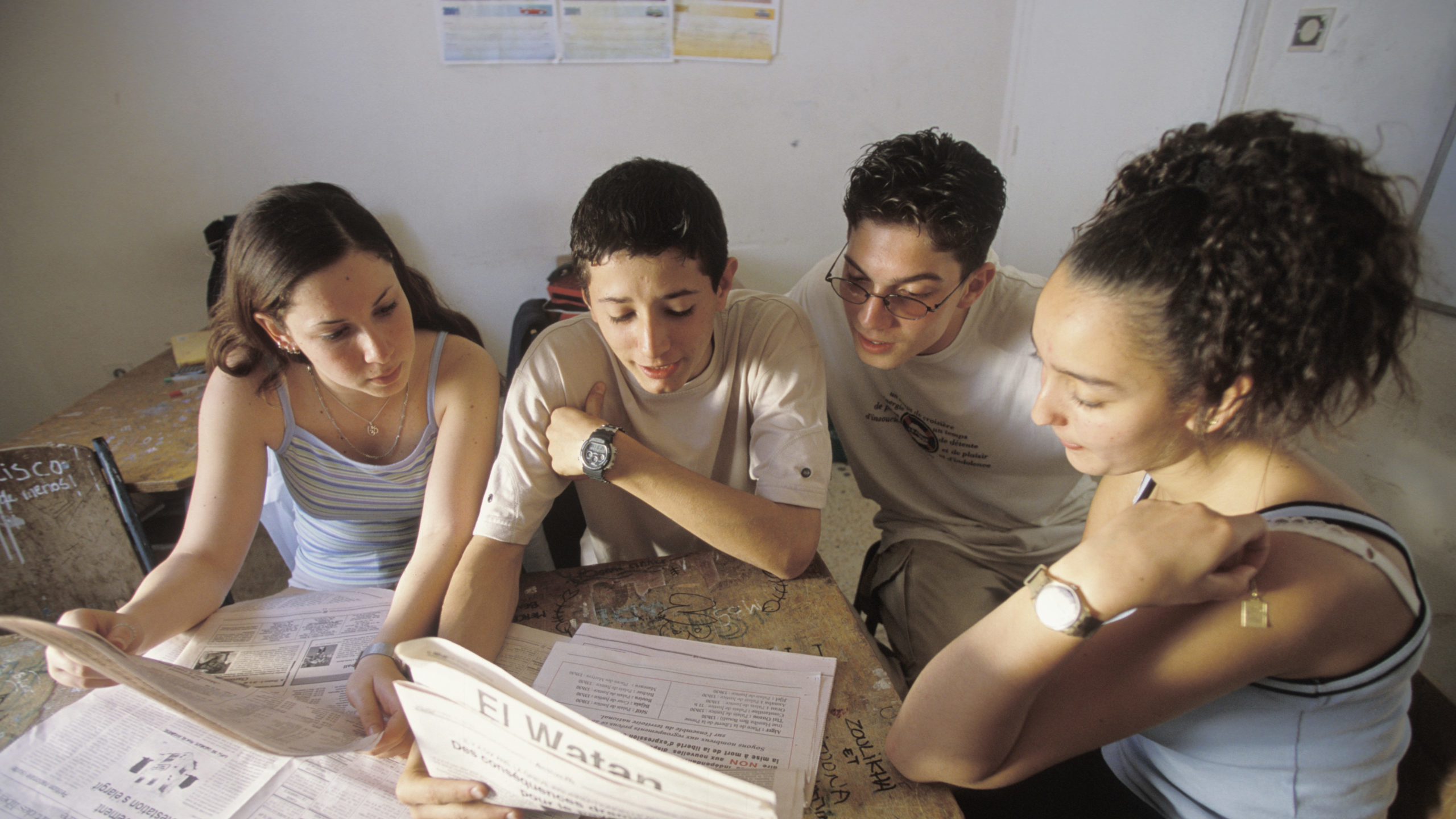resource
Amid research into the mounting social and environmental threats presented by climate change, young people’s everyday experiences and knowledges are often overlooked, despite being the generation that will be most affected by climate change. The authors present a ‘looping’ methodology, developed through collaborative work between two distinct but complementary research projects wherein young people in the Paraíba do Sul watershed, São Paulo state, Brazil shared their perspectives on (respectively) climate-related disasters and the food–water–energy nexus. The approach brings together the theoretical framings of citizen science and nexus thinking under the aegis of participatory action research, to identify points of mutual learning in relation to the knowledge, action and critique co-produced with young people. This ‘looping methodology’ enables meta-analytic insights into how participatory action research, looped with other forms of action-oriented research, can enable young people and other protagonists to articulate and act upon the complex, multi-scalar processes that characterise what it means to live in uncertain social, political and environmental times.






